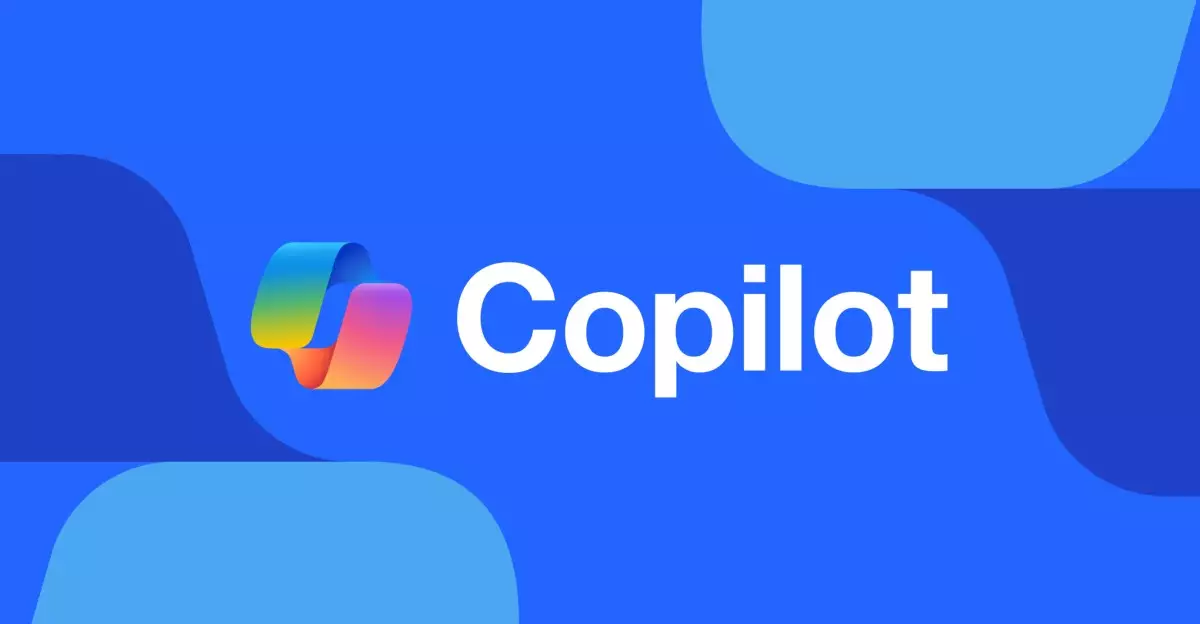As we advance deeper into the digital age, the integration of advanced artificial intelligence in our daily tools has become a pivotal focus for major tech companies. Microsoft is now stepping into the spotlight with its latest announcements concerning Microsoft 365 Copilot, featuring groundbreaking “deep reasoning” AI agents—Researcher and Analyst. This innovative development has the potential to revolutionize how smaller deals with complex data while dramatically enhancing productivity for businesses. This paradigm shift in AI technology could not only streamline workflows but also redefine the potential of business intelligence.
Pioneering Research Capabilities
At the heart of Microsoft’s latest offering is Researcher, powered by OpenAI’s sophisticated research model. By combining the ability to conduct “complex, multi-step research” with integrations from third-party platforms like Salesforce and ServiceNow, Researcher represents a significant leap forward. It enables users to extract actionable insights across different resources, facilitating a cohesive approach to data analysis and decision-making. This means that business professionals can now collate vast amounts of information seamlessly, creating a centralized source of knowledge that informs strategic decisions—an essential component for any modern enterprise striving for efficiency.
Transforming Raw Data into Insights
On the other end of the spectrum lies the Analyst, which is armed with the o3-mini reasoning model from OpenAI. This AI agent’s capability to perform chain-of-thought reasoning positions it as a formidable tool for data scientists and analysts alike. The innovative feature that allows the Analyst to convert raw data into usable spreadsheets while simultaneously running Python code adds a layer of interactivity that has been previously unattainable in conventional data handling tools. The capacity to generate detailed reports autonomously suggests a future where manual data entry and processing could become obsolete—freeing up valuable time and resources for creative and strategic tasks.
Autonomous Agent Capabilities
Moreover, Microsoft’s vision extends beyond standalone tools with its introduction of custom AI agents that promise to automate tasks across various workflows. This integration of autonomous agent capabilities into Copilot Studio highlights a commitment to creating a user-friendly, “low-code” experience. However, skepticism remains about the true effectiveness of these features; the promise of automating any conceivable task is grand, yet it raises questions regarding execution. Will these agents truly deliver beyond basic checkbox functionalities? Until we witness these innovations in action, their real-world impact remains uncertain, posing a challenge for Microsoft to demonstrate their value over existing tech solutions.
Potential Challenges Ahead
Though Microsoft’s AI advancements indicate a bold step into the future, the tech community must remain vigilant. With soaring expectations surrounding AI claims, users are rightfully cautious. The race for innovation often leads to over-promising, and the pressure to perform can overshadow the true essence of AI integration—enhancement, not replacement. As Microsoft pushes forward, it must manage expectations, ensuring these new capabilities genuinely fulfill the needs of businesses rather than becoming buzzwords in a crowded market.
The era of intelligent assistants is upon us, beckoning businesses to embrace a new wave of productivity. Yet, the journey requires continual evaluation, innovation, and transparency to maintain trust and ensure these powerful tools serve their intended purpose effectively.

